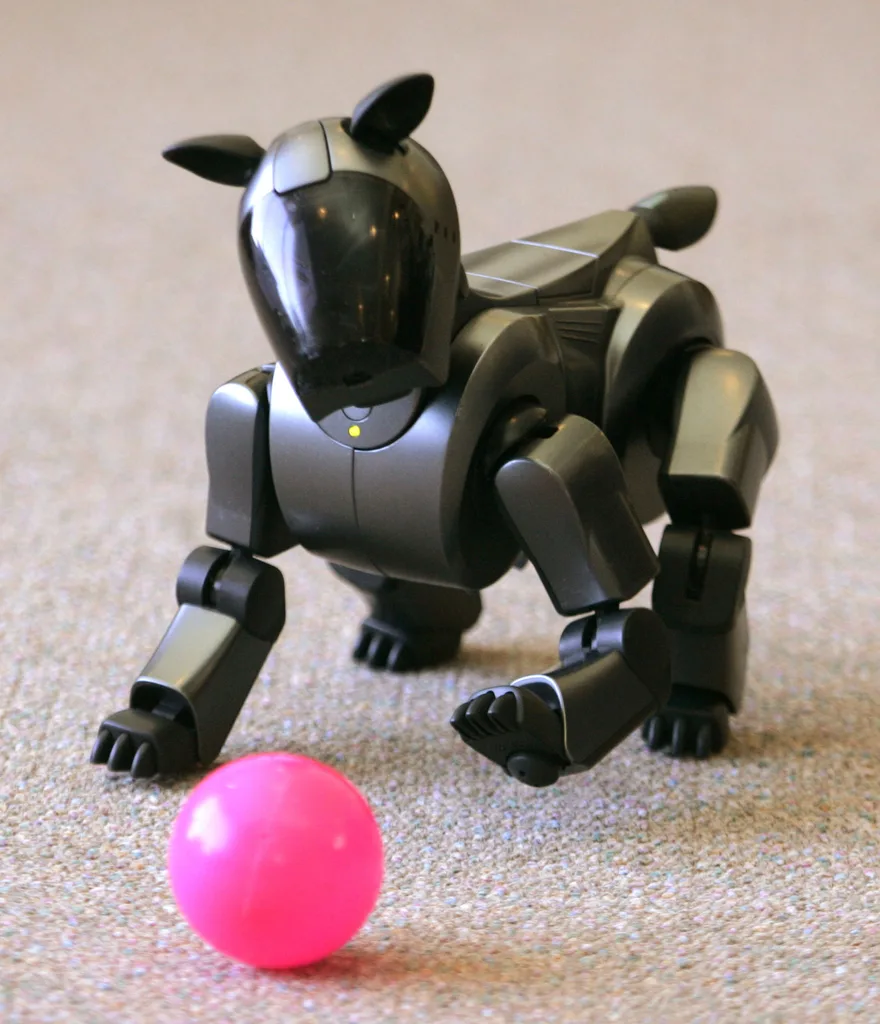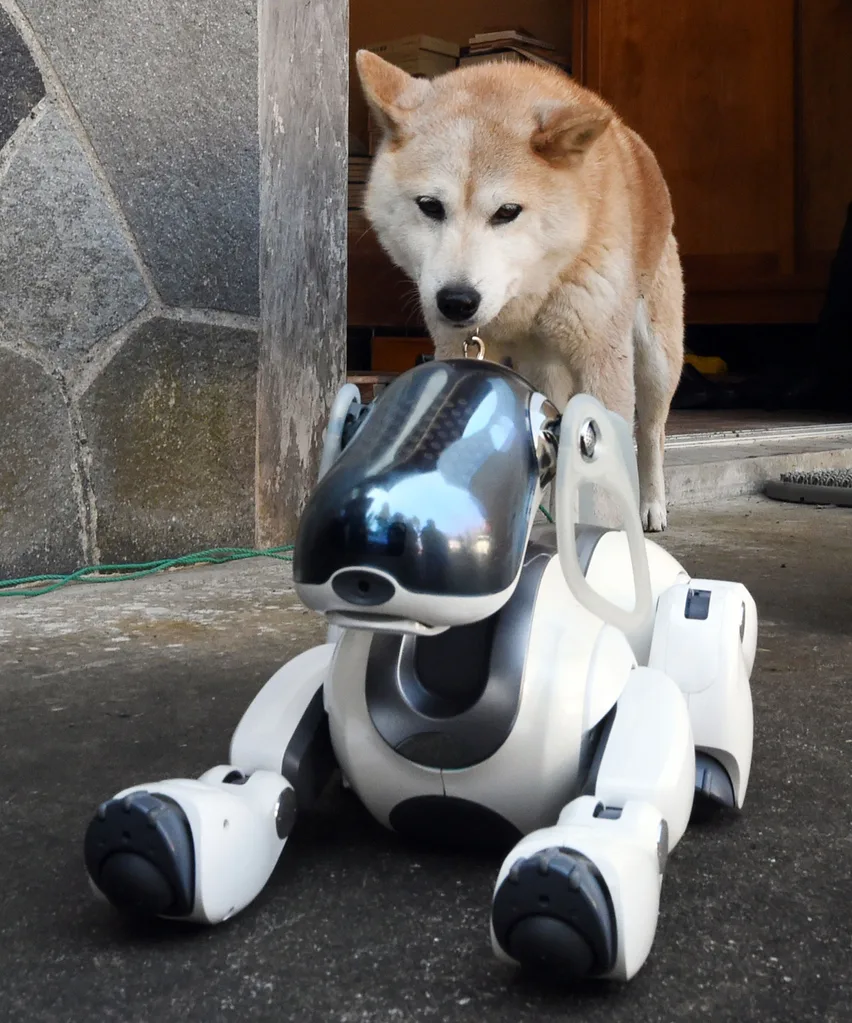Robot dogs are likely replace real dogs in both our houses and our affections within a decade, say scientists as our obsession with technology grows and more people take up high-density city living.
Animal welfare researcher Dr Jean-Loup Rault from the University of Melbourne says the idea of robo-pets and virtual pets is not as far-fetched as some might think.
His study, published in the journal Frontiers in Veterinary Science, theorises that pets will soon become a luxury item for people living in an overpopulated world and that we will replace our pet puppies with canine-like components, chips and circuits.
“[Robotic or virtual pets] could be totally normal for the next generation,” Dr Rault says. “It’s not a question of centuries from now. If 10 billion human beings live on the planet in 2050 as predicted, it’s likely to occur sooner than we think. If you’d described Facebook to someone 20 years ago, they’d think you were crazy. But we are already seeing people form strong emotional bonds with robot dogs in Japan.
“Pet robotics has come a long way from the Tamagotchi craze of the mid-90s. In Japan, people are becoming so attached to their robot dogs that they hold funerals for them when their circuits die.”

A robotic dog playing with a ball.
Co-incidentally, neuro-robotics scientists in Switzerland say they have implanted a simplified computer-based model of a brain into a virtual mouse.
The virtual mouse brain and body combination responds to stimulate in very similar ways to a real mouse brain and body. Brush its whiskers on a computers screen with a sensor and they move just like the real ones.
But more than that, the responsible area of the computer brain also reacts, meaning that its possible virtual mice may one day replace real mice in the laboratory. In other human applications, such a discovery could lead to computer processors with the ability to learn. Surely, robo-dogs can’t be far behind.

This pooch doesn’t look too impressed with his replacement.
“When engineers work on robotic dogs, they work on social intelligence, they address what people need from their dogs: companionship, love, obedience, dependence,” he says.
“They want to know everything about animal behaviour so they can replicate it as close as possible to a real pet.”
But will robo-dogs still need to be taken for ‘walkies’?



